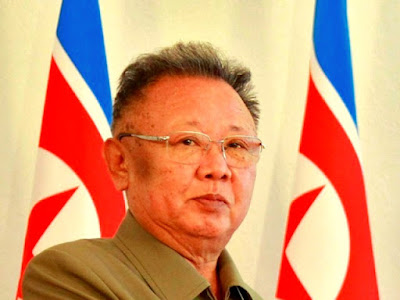After the project of Trans-Anatolia Natural Gas Pipeline (TANAP) was signed between Turkey and Azerbaijan, the South Stream project was signed between Turkey and Russia, yesterday. Russia reaches Southstream agreement with Turkey. Russia has said it has reached an agreement with Ankara permitting Moscow to bed down the Southstream natural gas pipeline to Europe via Turkish territorial waters. The agreement of the construction of South Stream was signed with the participation of Energy and Natural Resources Minister of Turkey, Taner Yildiz, Russian Deputy Prime Minister Igor Sechin and Russian Prime Minister Vladimir Putin. This seems like the second giant step for Turkey in energy, but it can create some problems in the future for Turkey and Europe.
In South Stream project, Russia's overall objective seems like a strategy to bypass Ukraine’s gas transit system. However, Russia's other aim may be bypassing the Nabucco project through South Stream Pipeline?
Nabucco is planned to carry gas from the Caucasus and Central Asia to the European Union aimed at reducing dependence on Russian gas. Some countries in Europe were not pleasant after the South Stream agreement between Turkey and Russia.
Turkey argues that the two natural gas pipeline would be complementary to each other.
According to the Financial Times, about 15 billion Euros in the future of Nabucco natural gas not provided sufficient to justify the investment because of doubts about the uncertain situation.






























